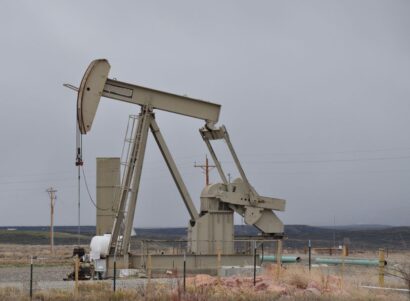Overview
On May 14, 2018 Dr. Madelon Finkel published The impact of oil sands on the environment and health in the journal Current Opinion in Environmental Science & Health.
Oil sands (e.g., tar sands oil, crude bitumen), unlike crude oil, is a comparatively “dirty” fuel. From an environmental perspective, there is ample evidence that pipeline spills, leaks, and ruptures releasing diluted bitumen can have serious implications for the surrounding land and water. From a health perspective, there is growing evidence to show that exposure to diluted bitumen in the short-term can cause mild to serious adverse events. The potential long-term adverse health effects are not clear.
The study evaluates the environmental impacts of oil sands, the health risks from exposure to diluted bitumen, and the importance of these following the approval of the Keystone XL pipeline, which will carry diluted bitumen from Alberta, Canada to the United States.
Dr. Finkel is a professor of Healthcare Policy and Research and director of the Office of Global Health Education at the Weill Cornell Medical College in New York City, and a member of PSE’s Board of Directors.

 Study
Study






